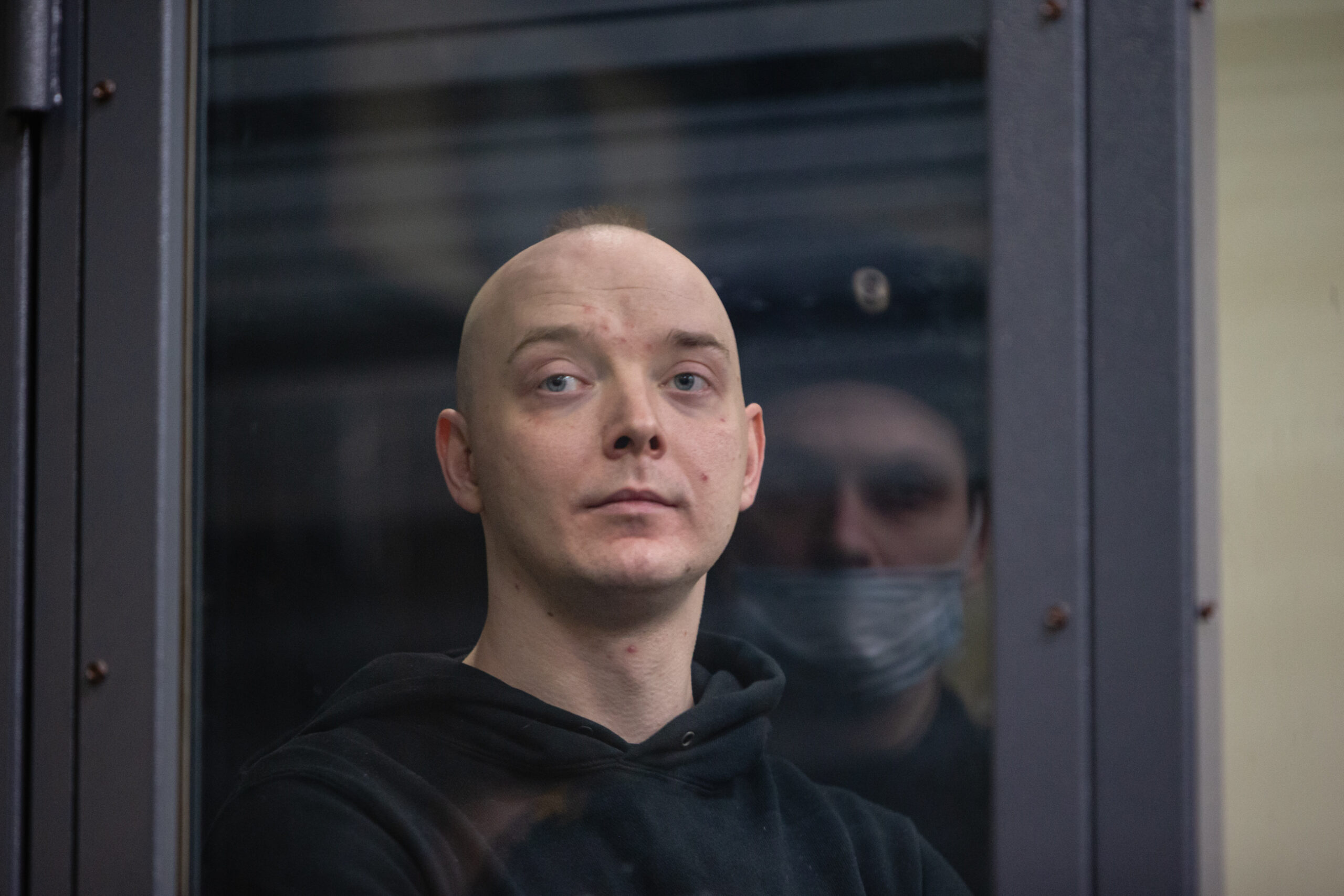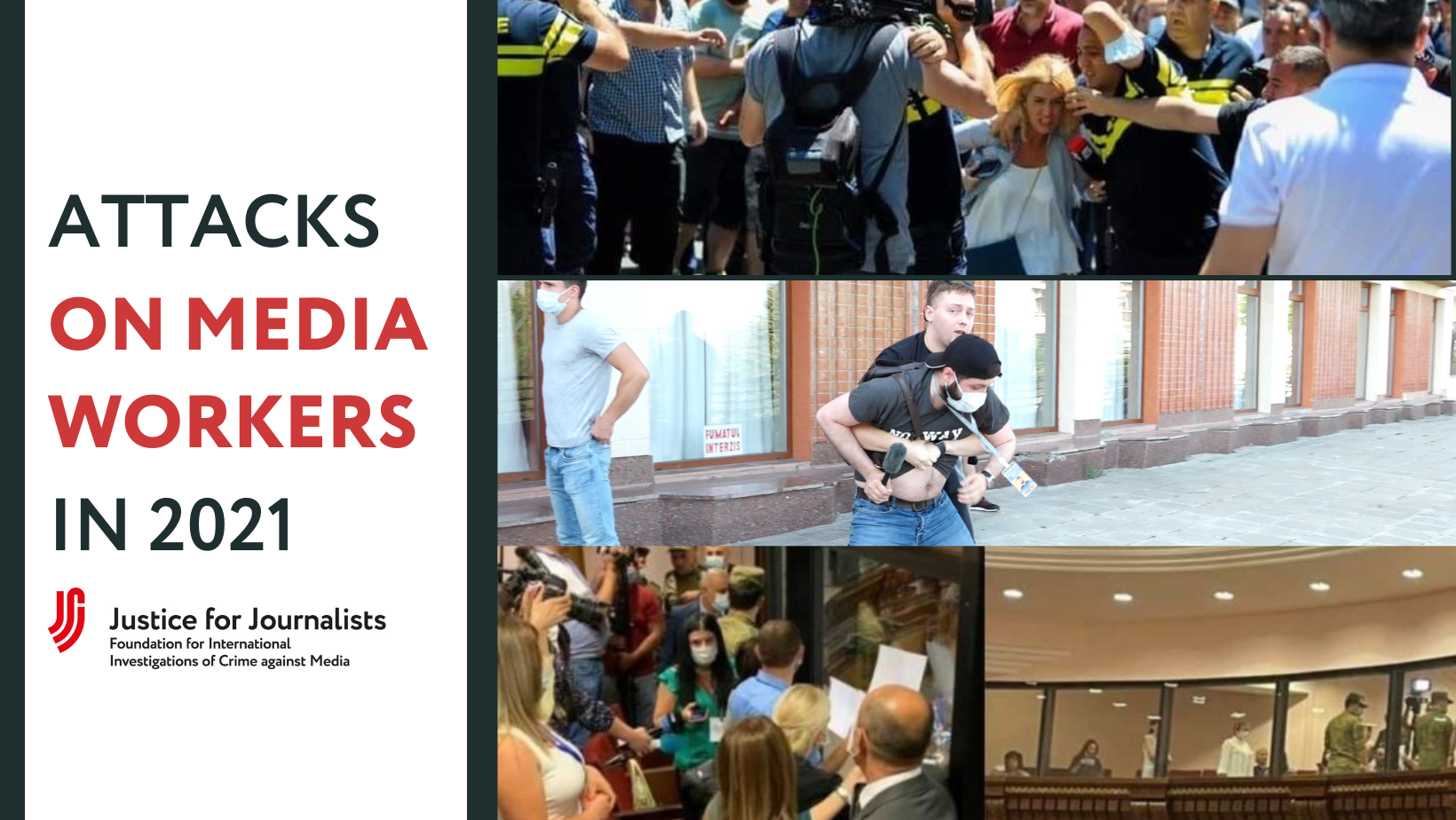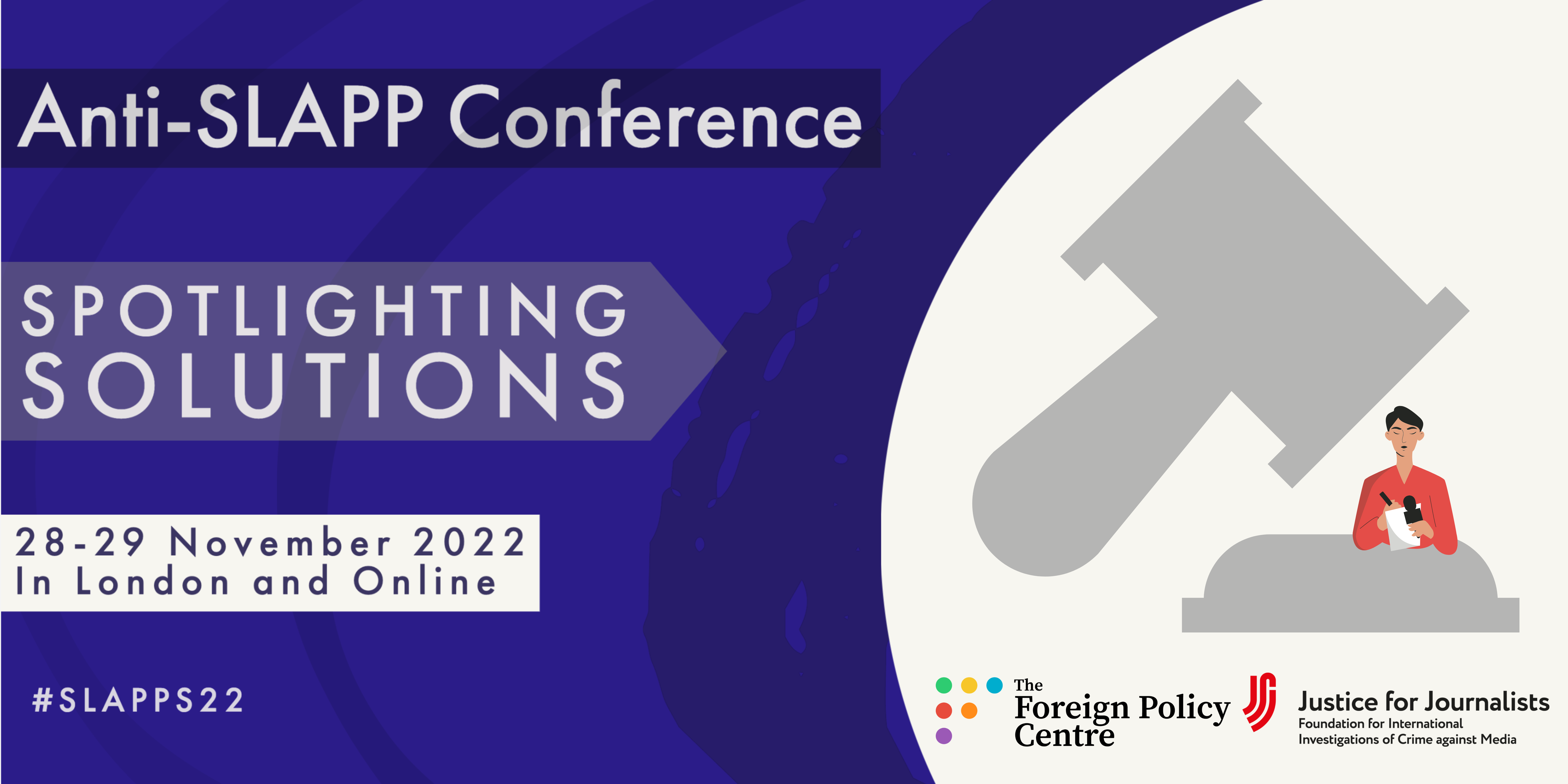THE JUSTICE FOR JOURNALISTS FOUNDATION CONDEMNS THE SENTENCING OF THE JOURNALIST IVAN SAFRONOV AND THE CLOSURE OF NOVAYA GAZETA

The Justice for Journalists Foundation is deeply saddened by the brutality of the two most recent repressive acts against the Russian media. The absurd treason charges brought against the ex-Kommersant and Vedomosti defence reporter Ivan Safronov, his arrest and yesterdays’ sentencing to 22 years in a penal colony are yet another vivid demonstration of the dire situation for the free and independent media in Russia. On the same day, the oldest Russian investigative newspaper Novaya Gazeta was stripped of its print media licence. This symbolic gesture that comes a week after the death of one of the newspaper’s founders and stakeholders – former Soviet leader Michail Gorbachev, signifies the end of the era when freedom of expression was considered a vital human right of the Russian citizens. We express solidarity and support to Ivan Safronov, his friends and loved ones, and to all journalists and readers of the Novaya Gazeta.
REPORT: ATTACKS ON MEDIA WORKERS IN 2021: ARMENIA, GEORGIA, MOLDOVA

Today, the Justice for Journalists Foundation released the first part of its annual report – Attacks on journalists, bloggers and media workers in 2021 that covers Armenia, Georgia and Moldova.
In Armenia, the number of attacks on media workers and the media in 2021 decreased by more than 12 percent compared to the previous year. The significant concern is the three-fold increase in the number of physical attacks. 57% of the attacks on journalists and camera persons were committed during coverage of rallies and demonstrations during an acute socio-political crisis, as well as during the early parliamentary election campaigns. Legal methods of exerting pressure on journalists and the media remained the primary means of attacks against them.
In Georgia, 2021 was a record year in terms of the number of physical attacks and threats to life, liberty, and health (137), as well as attacks and threats of a non-physical nature and/or cyber-attacks (133). On July 5, at least 54 journalists, videographers and photographers were assaulted and seriously injured by a crowd of anti-gay protesters at the Tbilisi Pride and March for Dignity. For the first time in 20 years, two deaths related to the professional activities of a journalist/blogger were recorded: Alexander Lashkarava, a videographer for the Pirveli television channel, and Nika Kvaratskhelia, founder of the Feedc geolocation platform.
In Moldova, the number of attacks in 2021 remained the same as in 2020. The use of legal and/or economic mechanisms to put pressure on media workers increased. One of the most common methods (13 incidents) was the civil prosecution of media workers for insulting an individual’s honour, dignity, or reputation as well as violations of privacy. Moldovan journalists were repeatedly subjected to harassment, smear campaigns and condemnation, usually online.
The Justice for Journalists Foundation together with its partners from 12 post-Soviet states (except the Baltic States) carries out daily monitoring of attacks on media workers and publishes the verified incidents on the Media Risk Map in Russian and English. The annual reports are published since 2017 and can be accessed here.
EVENTS

On September, 30, the Justice for Journalists Foundation will host a side event: Attacks on independent media in post-Soviet autocracies during the Warsaw Human Dimension Conference. Panellists from four post-Soviet countries – Turkmenistan, Georgia, Russia and Kazakhstan – will discuss the experiences of independent media workers. What are the main methods of attacks against independent media? Are they similar or different between the post-Soviet countries, and what are the trends? How are the attacks on the media shaping modern dictatorships? And, of course, what can be done to enhance the security of the independent media?
SAVE THE DATE: UK ANTI-SLAPP CONFERENCE

The Foreign Policy Centre (FPC) and Justice for Journalists Foundation are delighted to announce the second edition of our UK Anti-SLAPP Conference to be held on Monday 28th and Tuesday 29th November 2022, both online and in person in London.
To register to attend, and get updates on speakers and sessions, please sign up here. Space to attend in person will be limited, so please write to events@fpc.org.uk to apply.
ORKHAN DZHEMAL MEDIA SAFETY ACADEMY

We have extended our partnership with the Media School of the Free University to bring our hugely popular The basics of media safety and security module to the fifth cohort of students in 2022-23. JFJ’s course is compulsory for all students of the Media School and covers the following areas: risk analysis, physical safety while covering public assemblies and conducting investigations, cyber and legal security. To learn more and apply – click here. The application process is open until September, 7.

